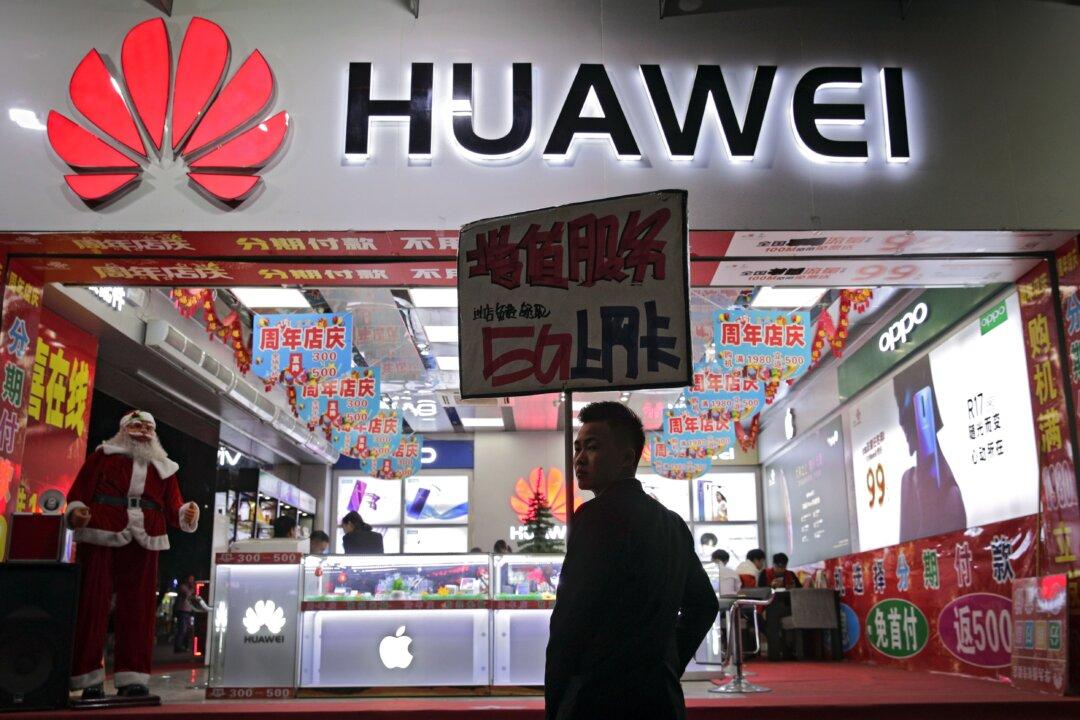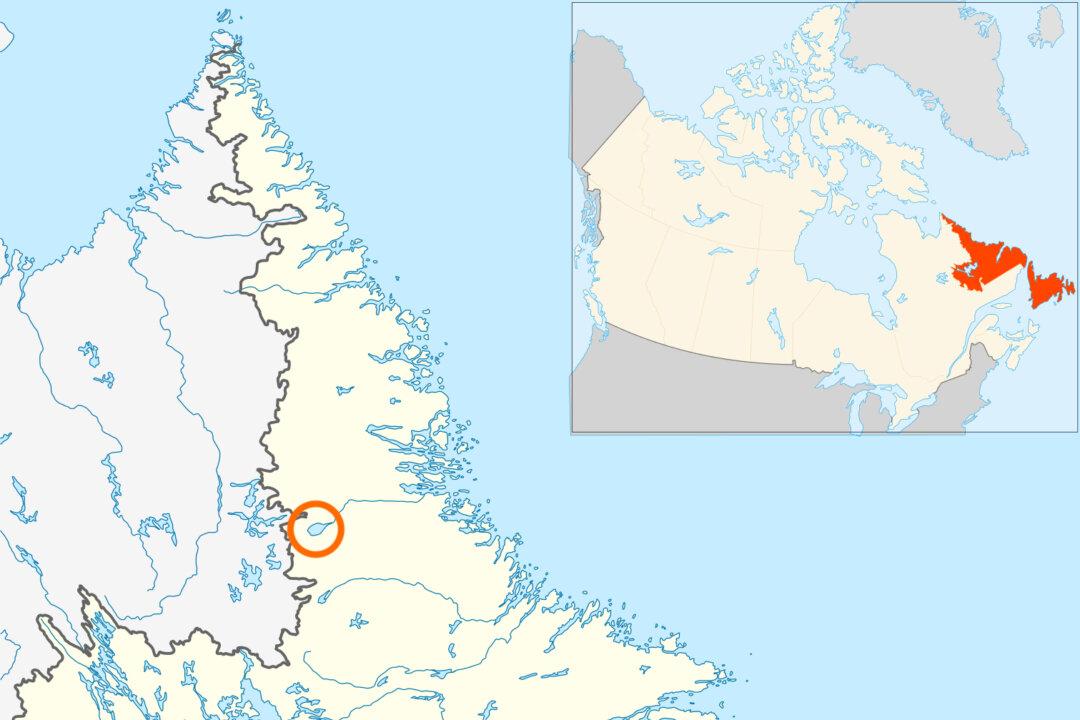Security experts in Canada and across the pond in the United Kingdom are urging universities to be cautious of telecom giant Huawei given growing cyberintelligence concerns around the company.
Huawei has an extensive network of academic relationships with leading research universities around the world. In Britain, top universities like Oxford, Cambridge, Manchester, and York have accepted funds from the company totalling more than $7.5 million.





